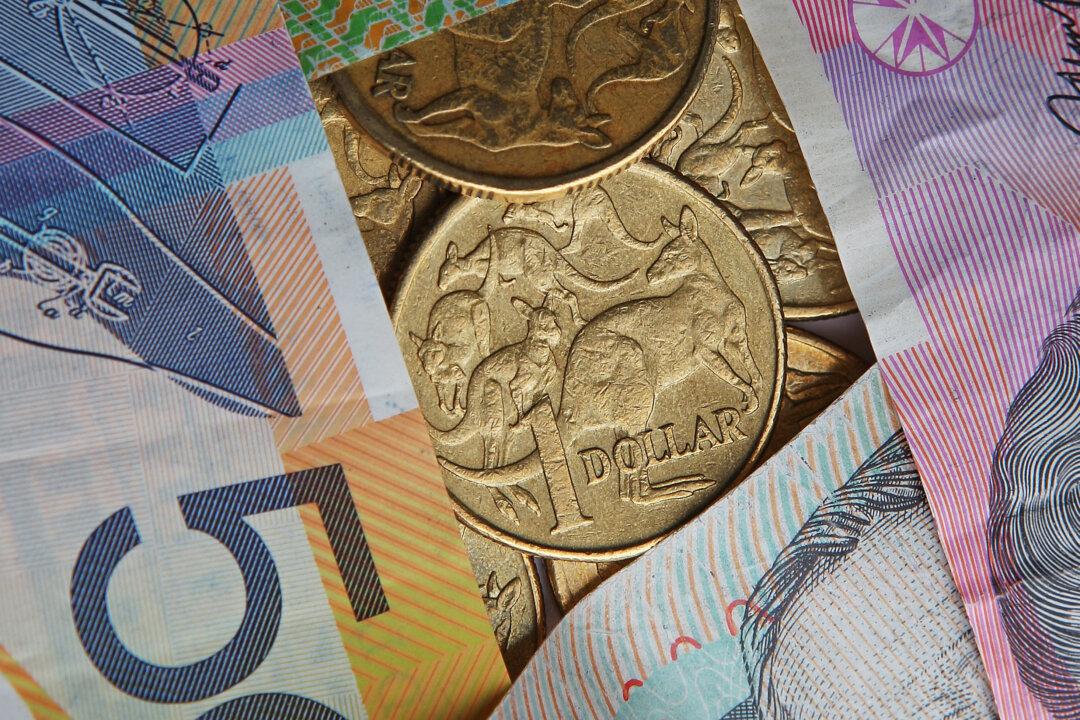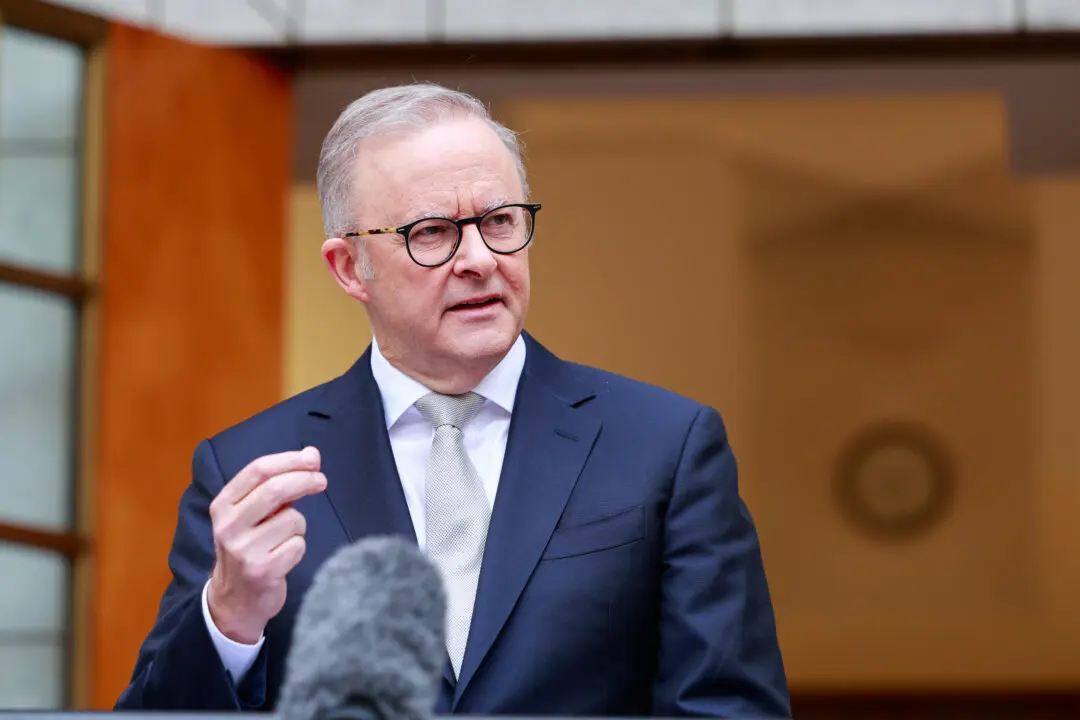Billions of dollars in tax cuts are being considered as part of a package to lift the Australian economy from its lockdown-induced recession, following the release of the National Accounts on Sept. 2.
The National Accounts revealed economic activity shrank seven percent in the June quarter, confirming the first recession for the nation’s economy in nearly three decades.





